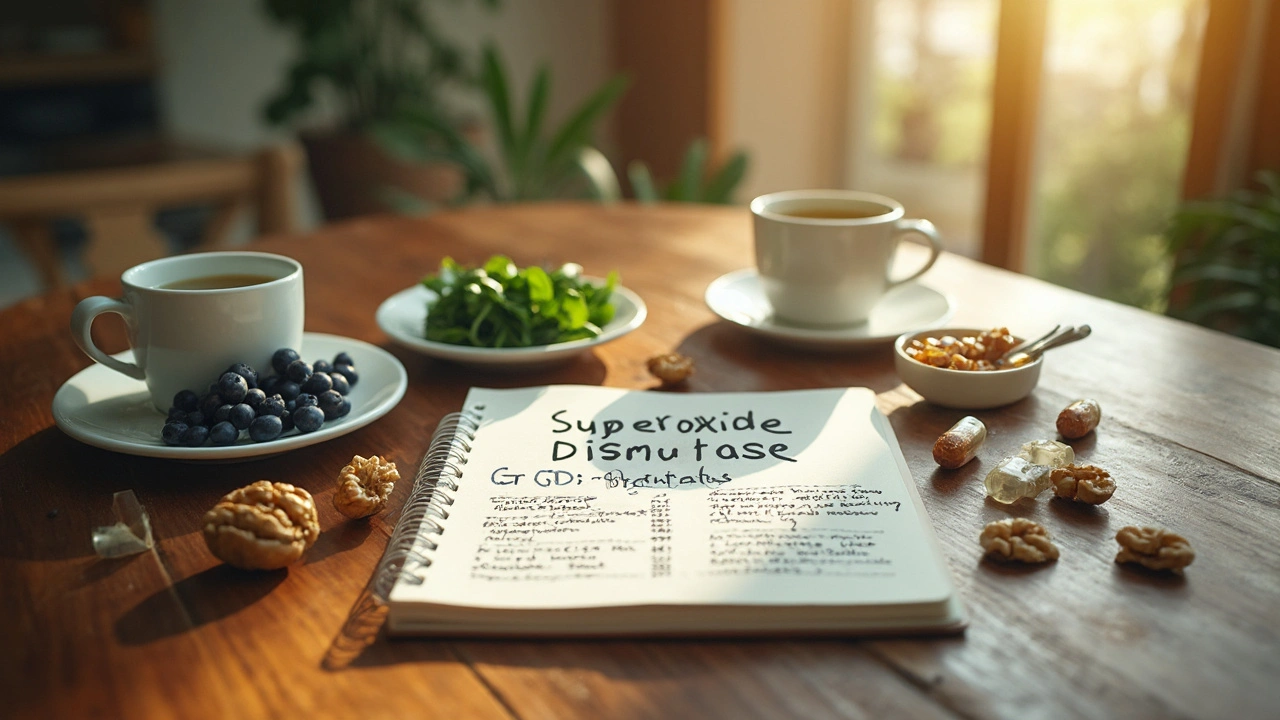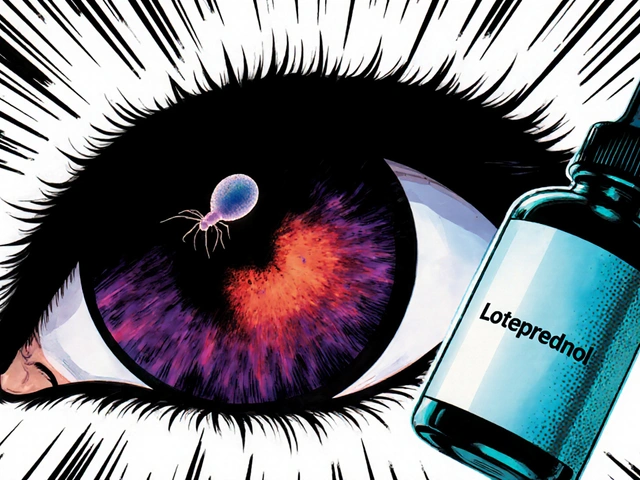Oxidative stress: what it is and how to lower it
Feeling more tired than usual, getting slow to heal, or noticing duller skin? Oxidative stress could be playing a role. In plain terms, oxidative stress happens when harmful molecules called free radicals outnumber your body’s antioxidant defenses. Over time that mismatch can damage cells, speed aging, and make some chronic problems worse.
What causes oxidative stress?
Free radicals form all the time. You make them when you exercise, digest food, or fight infections. But certain things push production higher: smoking, heavy alcohol, poor sleep, too much sugar, pollution, and repeated intense workouts without enough recovery. Some health issues — like diabetes or chronic inflammation — also raise oxidative load. Even common medications can affect antioxidant balance.
Not all free radicals are bad — your immune cells use them to kill germs. The problem starts when they stack up and your antioxidant systems (vitamin C, vitamin E, glutathione and others) can’t keep up.
Practical steps to lower oxidative stress
Start with food. Eat lots of colorful fruits and vegetables — berries, leafy greens, bell peppers, and cruciferous veggies give you a range of antioxidants. Add nuts, seeds, fatty fish (for omega-3s), and green tea. These choices give your body the building blocks it needs to neutralize free radicals.
Move smart. Regular moderate exercise lowers oxidative stress long-term, but be careful with nonstop high-intensity training without recovery — that can temporarily raise free radicals. Aim for a mix: steady cardio, strength work, and rest days.
Fix basic habits. Quit smoking, cut down on alcohol, sleep 7–9 hours, and keep blood sugar steady by choosing whole foods over refined carbs. Reducing exposure to heavy pollution and sunburn helps too — wear sunscreen and avoid long outdoor activity when air quality is poor.
Consider targeted supplements when diet isn’t enough. Vitamin C and E, coenzyme Q10, alpha-lipoic acid, N‑acetyl cysteine (NAC) and turmeric (curcumin) are commonly used to support antioxidant defenses. Glutathione is the body’s main internal antioxidant, and some people use precursors (like NAC) to boost it. Talk with your doctor before starting supplements — they can interact with meds or be unnecessary if your diet is solid.
Testing can help if you suspect an issue. Your doctor can check related labs or suggest tests for oxidative damage and antioxidant status. Those results guide whether lifestyle changes are enough or if medical steps are needed.
Want easy changes to start today? Add one extra serving of fruit or veggies at every meal, swap sugary drinks for water or green tea, and sleep 30 minutes earlier. Small habits add up and cut oxidative load over time.
Need more practical guides or product info? Browse related articles on MyPharmacy-Online and, if you have health conditions or take regular meds, check with your healthcare provider before making big changes.

Superoxide Dismutase Supplement: Unlocking Next-Level Antioxidant Benefits
Superoxide dismutase (SOD) stands out as a powerful antioxidant supplement with the potential to transform health routines. This article uncovers why SOD matters, how it protects against oxidative damage, the possible perks for anti-aging, and practical ways to include it in your diet. Discover specific facts, get evidence-based tips, and see if this is the supplement your body truly needs. The guide covers science, supplementation, and the latest trends in SOD use for modern lifestyles.
Categories
- Medications (71)
- Health and Medicine (62)
- Health and Wellness (37)
- Online Pharmacy Guides (16)
- Nutrition and Supplements (9)
- Parenting and Family (3)
- Environment and Conservation (2)
- healthcare (2)
- prescription savings (1)
Popular Articles



